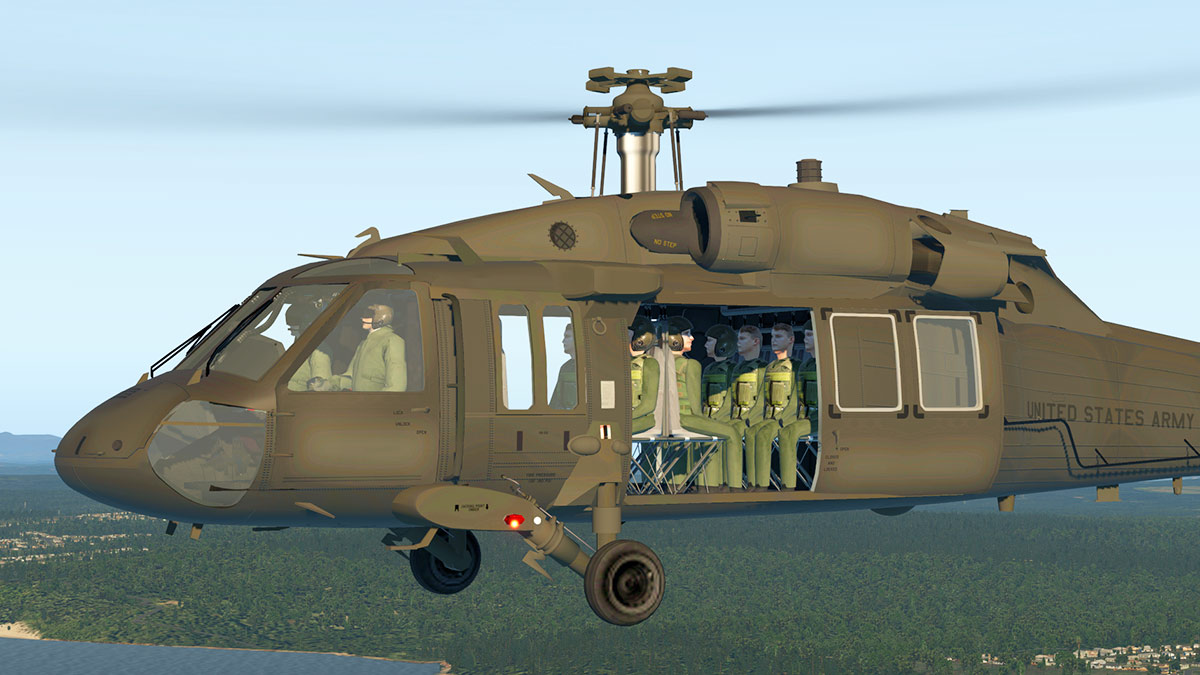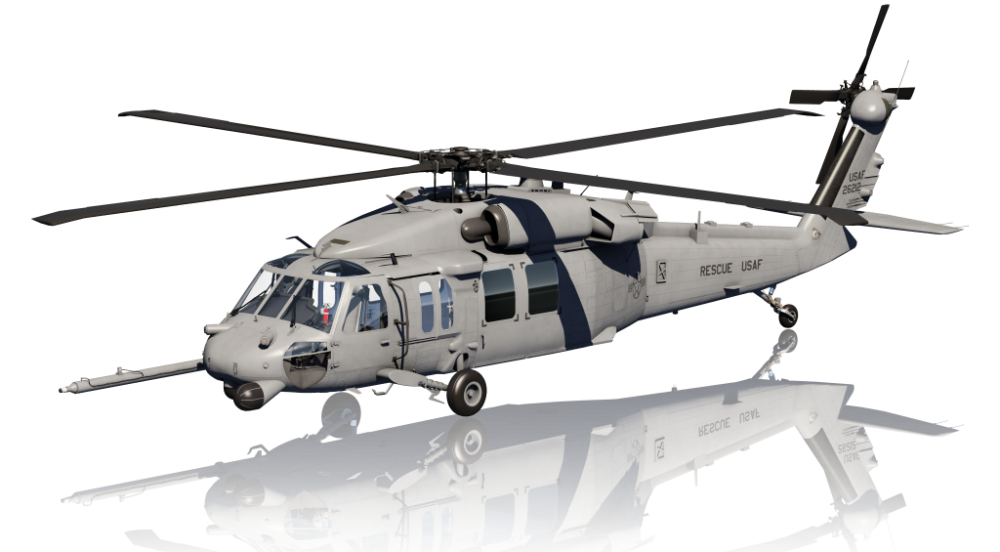UH 60 Helicopter Summary: Every Little Thing You Required to Know
UH 60 Helicopter Summary: Every Little Thing You Required to Know
Blog Article
The Function of Airplane fit Worldwide Transport and Trade Characteristics
The development of aircraft has actually indelibly changed international transportation and trade dynamics, assisting in unprecedented degrees of connection and effectiveness. Via the establishment of robust air freight networks, organizations can currently browse international markets with amazing speed and dexterity, therefore redefining supply chain methods. However, this makeover is not without its challenges, as the aviation industry faces sustainability problems and regulatory pressures. As we discover the complex influences of airplane on international trade, it is vital to consider how these factors will certainly form the future landscape of aeronautics and its role in the economy.

Development of Air Transportation
The development of air transport has been noted by substantial technical innovations and innovations that have actually transformed the method people and goods relocate throughout the globe. From the Wright bros' first powered flight in 1903 to the growth of supersonic jets, each milestone has actually underscored the ruthless pursuit of effectiveness and speed in air travel. Early aircraft were mostly simple, restricted by engine power and architectural stability. The introduction of sophisticated products and the rules of aerodynamics in the mid-20th century led to substantial improvements in aircraft dependability, security, and efficiency.
The latter component of the 20th century observed the development of commercial aeronautics as a sensible setting of transport, defined by the introduction of jet engines, which transformed flight by significantly reducing trip times. In addition, advancements in navigation and communication modern technologies have boosted functional performance and security, enabling even more facility flight routes and schedules. The increase of air freight in parallel with traveler services has actually even more emphasized the convenience of aeronautics. As we seek to the future, emerging technologies such as self-governing and electric aircraft pledge to redefine the air transport landscape, ensuring continued development and adaptation to global demands.
Influence On Global Profession
Air transportation has actually exceptionally improved worldwide trade by facilitating the swift movement of goods throughout substantial distances. This expedited logistics ability permits companies to respond swiftly to market demands, thereby boosting supply chain performance. The ability to deliver perishable products, high-value things, and time-sensitive products has opened up new markets and chances for numerous sectors, significantly influencing profession patterns.
In addition, the advancement of air freight networks has actually cultivated globalization, enabling business to resource products and products from various parts of the globe perfectly. This interconnectedness lowers lead times and expenses, permitting companies to continue to be affordable in a significantly global marketplace. Additionally, air transportation plays an essential role in e-commerce, where consumer expectations for fast delivery have driven a surge in need for air freight services.
The effect of airplane on international profession extends to the creation of tactical trade routes, linking regions and helping with worldwide partnerships. Countries that invest in air transportation facilities commonly experience improved financial development and boosted foreign straight financial investment. In general, the advancement of air transport has not only transformed the logistics landscape however has also come to be an essential component in the dynamics of international trade.

Economic Advantages of Aeronautics
A robust aviation market generates considerable financial benefits, adding to task creation, tourist, and overall economic growth - uh 60. The aeronautics industry supports numerous jobs globally, varying from direct employment in airlines and airport terminals to indirect functions in fields such as friendliness, transport, and logistics. According to market records, for every single task in the aviation field, about 3.5 added jobs are developed in the more comprehensive economic climate
Tourist is an essential element of the financial advantages acquired from aviation. Air travel helps with worldwide tourism, enabling tourists to discover diverse locations, which consequently stimulates neighborhood economies. Countries that invest in their air travel infrastructure commonly experience enhanced tourist arrivals, causing greater costs on services such as restaurants, tourist attractions, and resorts.

Moreover, aeronautics boosts international connection, enabling organizations to access new markets and sources effectively. As an outcome, industries such as shopping and manufacturing benefit greatly from trustworthy air transport, additional driving financial expansion.
Obstacles Dealing With the Aeronautics Sector
Browsing an intricate landscape of regulative, ecological, and economic difficulties, the aeronautics market deals with significant obstacles that threaten its sustainability and development. Rules bordering safety and security and security are continually developing, demanding continuous compliance and adaptation from suppliers and airlines (uh 60). This can result in boosted functional costs and resource allowance that interferes with development and growth efforts
Furthermore, ecological concerns have actually become critical, with expanding analysis my explanation over carbon emissions and sound pollution. The market is under pressure to take on greener modern technologies and methods, which commonly call for significant investment in r & d. Stabilizing these ecological responsibilities with the demand for air travel provides a considerable obstacle.
Economic changes, such as climbing fuel prices and geopolitical uncertainties, additionally make complex the landscape. Airline companies often face unstable operating prices and varying passenger demand, which can impact profitability and long-term preparation. Labor scarcities and skill spaces in critical areas add one more layer of complexity, hindering functional performance.
Eventually, addressing these multifaceted challenges is crucial for the air travel industry to keep its critical role in global transport and profession, while guaranteeing resilience and flexibility in a significantly open market.
Future Fads in Flight
Changing and emerging modern technologies customer preferences are positioned to reshape the future of air travel significantly. The integration of expert system and maker learning is anticipated to enhance operational performance, enhance flight terminal processes, and enhance consumer service. Anticipating analytics will promote much more accurate demand forecasting, enabling airline companies to optimize trip routines and rates models.
Sustainability is coming to be a key vehicle driver in flight, with the air travel industry progressively concentrated on lowering carbon discharges. Developments in aircraft layout, such as hybrid and electrical propulsion systems, are being explored to satisfy ecological targets. The adoption of sustainable aviation fuels (SAFs) is expected to play an important role in achieving net-zero discharges by 2050.
Consumer preferences are moving in the direction of personalized traveling experiences. Airlines are investing in innovative data analytics to customize services and improve client engagement, guaranteeing an extra tailored trip from reserving to arrival. Additionally, the surge of remote work may lead to increased demand for leisure traveling, as people seek to combine work and getaway.
Final Thought
Finally, aircraft considerably influence worldwide transportation and profession characteristics by promoting quick activity and boosting supply chain performance. The advancement of air transportation has actually transformed worldwide check my source profession, yielding significant economic advantages while likewise providing challenges that call for strategic administration. Future trends suggest a continued dependence on aeronautics for commerce, underscoring its integral duty in globalization and economic advancement. The continuous adjustment of the aviation sector will certainly be necessary for maintaining its payments to the global economic situation.
The last component of the 20th century experienced the development of industrial air travel as a feasible setting of transportation, characterized by the intro of jet engines, which changed air traveling by drastically minimizing trip times. The increase of air freight in parallel with passenger solutions has even more underscored the convenience of air travel. Additionally, air transport plays a vital role in ecommerce, where customer assumptions for quick delivery have driven a rise in need for air products solutions.
On the whole, the advancement of go right here air transportation has not only changed the logistics landscape but has also become a vital element in the dynamics of international profession.
Sustainability is becoming a vital vehicle driver in air travel, with the aviation sector significantly focused on minimizing carbon exhausts.
Report this page